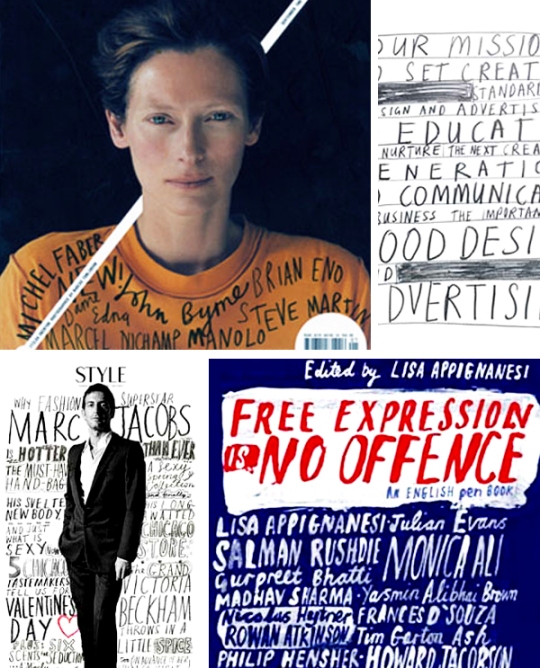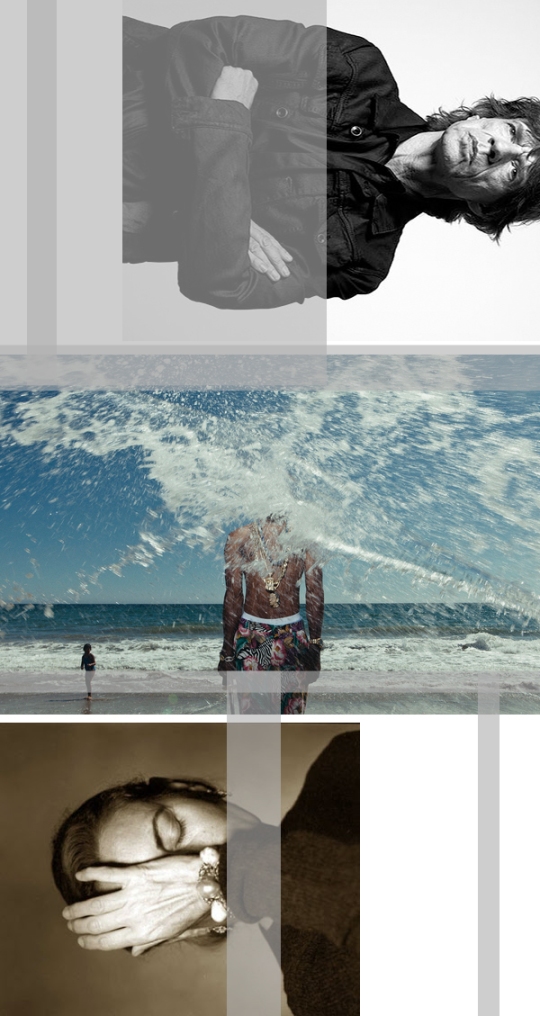Work Wisdom from Milton Glaser

IMAGE: here
“I always thought about, in early life, our objective, certainly people in the design profession, is to look professional, and to feel professional…. and you wanted to have that veneer and that sense of authority… and it was all we really wanted to do – you come out of school and you want your work to look like these marvellously slick, professional things that were in the world…”
“And then at a certain point, you reach professional level, and your work looks like that, and you realize its not enough. That merely, getting to a point where your work looks good enough to be called professional is just the starting point.”
“…as a metaphor… when you start to learn how to draw… you are so overwhelmed with the difficulty with making things look like what they are… and you almost die trying to control your nerve endings so that the object looks like its supposed to, and you spend years doing that. And then finally you get to the point when you finally draw something that looks like what they are.”
“And then you discover, that’s not the point. That being able to draw something that looks like something, is nothing. That that is only the starting point. Now you have to ask yourself, how do I make a good drawing, or an expressive drawing, or a drawing that means something. Because the ability to only make it accurate, is actually a low-level ability. Even though its taken you years to get to that point, its not very relevant. But there’s no other way to get there.
“The same thing is true of your work. You sort of strive to make it look good, and make it look as good as your peers, and make it looks as good as the other stuff in the “Art Directors Annual”, and so on. And then at a certain point if you continue and persevere, you realize that’s not good enough. You have to go beyond that level, in order to engage that other thing, which is true expressive content, true meaning.”
-Milton Glaser, Design Matters
A metaphor that, I think, applies to all aspects of work, and anyone who wants to be truly great at what they do.






